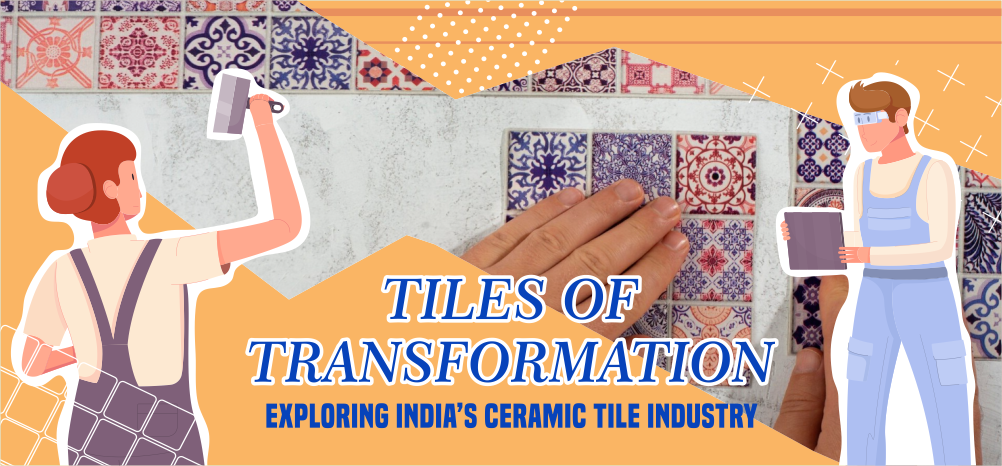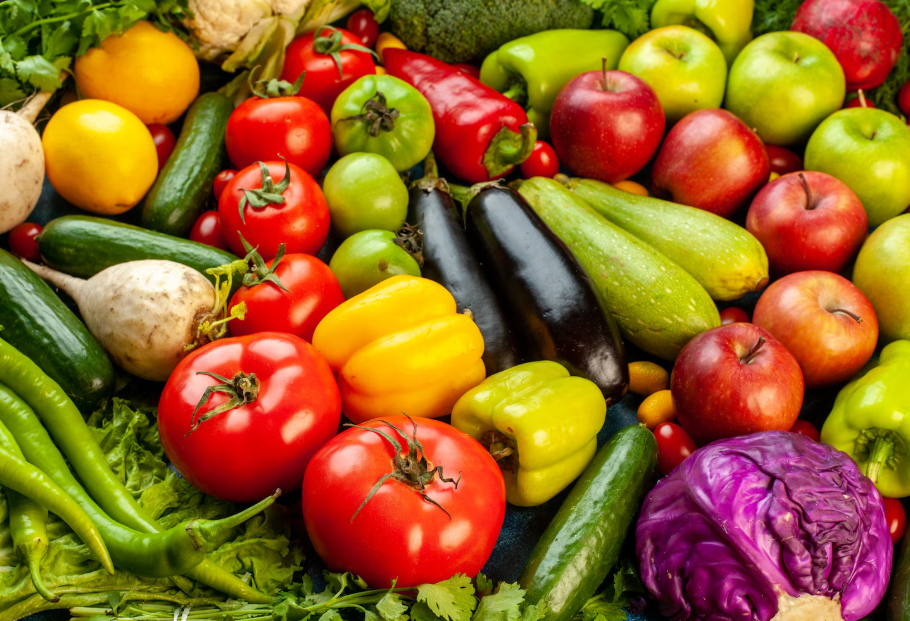MSMEs are being encouraged to market their products on the e-commerce site, especially through Government e-Marketplace (GeM), owned and run by the government, wherefrom Ministries and PSUs (public sector undertakings) source their procurement.
A revision in Micro Small and Medium Enterprises (MSME) definition was announced in the Aatmanirbhar Bharat Abhiyaan Scheme on May 13, 2020. The Ministry of Micro, Small, and Medium Enterprises, vide its gazette notification dated June 1, 2020, has announced the upward definition and criteria of the MSME. The new classification for MSME came into effect from July 1, 2020.
Therefore, according to the new classification of Micro, Small and Medium Enterprises (MSME) under the Aatmanirbhar Bharat Abhiyaan Scheme, enterprises are defined based on the investment criteria in plant and machinery and turnover.
|
Criteria
|
Manufacturing Enterprises and Enterprises rendering Services
(Revised classification with effect from July 1, 2020)
|
|
|
Turnover
|
Investment
|
|
Micro
|
Rs. 5 crores
(US$ 610,000)
|
Less than Rs. 1 crore (US$ 120,000)
|
|
Small
|
Rs. 50 crores
(US$ 6.1 million)
|
More than Rs. 1 crore (US$ 120,000) but less than Rs. 10 crore (US$ 1.2 million)
|
|
Medium
|
Rs. 250 crores
(US$ 30.4 million)
|
More than Rs. 10 crore (US$ 1.2 million), but less than Rs. 50 crore (US$ 6.1 million)
|
As per data from the Ministry of Micro, Small & Medium Enterprises, as on November 20, 2025, 7.16 crore MSMEs, with an employment of 31.39 crore are registered on Udyam Registration Portal and Udyam Assist Platform (UAP).
MSME exports have witnessed a sharp rise, increasing from Rs. 3.95 lakh crore (US$ 45.5 billion) in CY21 to Rs. 12.39 lakh crore in CY25. The number of exporting MSMEs has also grown, reaching 1,73,350 in CY25, underscoring their critical role in boosting India’s economy and strengthening global trade.
The Government e Marketplace (GeM) portal has crossed Rs. 5,40,000 crore (US$ 62.45 billion) in Gross Merchandise Value (GMV) in FY25, facilitating purchases for over 1,60,000 government organizations. It has supported more than 1,80,000 Udyam-verified women-led MSEs and 29,000 startups since its launch in August 2016.
Direct Benefit Transfers (DBT) under MSME ministry schemes stood at Rs. 6,83,917 crore (US$ 80.40 billion) in FY25. The cumulative DBT figure has reached Rs. 43,96,857 crore (US$ 514.55 billion), reflecting the government’s growing emphasis on transparency and efficiency.
The Union Budget for FY26 raised investment limits for MSMEs by 2.5 times and doubled turnover thresholds. The new limits are Rs. 2.5 crore investment and Rs. 10 crore turnover for micro enterprises, Rs. 25 crore investment and Rs. 100 crore turnover for small enterprises, and Rs. 125 crore investment with Rs. 500 crore turnover for medium enterprises.
The Ministry of MSME received Rs. 23,168 crore (US$ 2.7 billion) in FY26, a 4.6% increase over FY25. This comes alongside allocations like Rs. 9,000 crore (US$ 1.09 billion) infused in the Credit Guarantee Fund Trust in August 2025, raising loan ceilings to Rs. 10 crore (US$ 1.16 million) with 90% coverage.
Credit growth has been strong. As on September 30, 2025, the Credit Guarantee Trust Fund for Micro and Small Enterprises (CGTMSE) had extended 1,27,25,381 guarantees with a total value of Rs. 11,27,214 crore (US$ 129.13 billion). The number of MSMEs is expected to grow from 6.38 crore to 7.5 crore in coming years, at a projected CAGR of 2.5%.
The Pradhan Mantri Mudra Yojana (PMMY) has sanctioned over Rs. 33,65,000 crore (US$ 390.87 billion) under 52.37 crore loans as of April 2025, particularly benefitting entrepreneurs from marginal sections.
The scheme has positively supported the target beneficiaries by helping them upgrade skills, strengthen market linkages and receive continuous handholding, reflected in the procurement performance for 2025-26 where purchases from Micro and Small Enterprises (including SC/ST owned units) stood at Rs. 57,127.35 crore (US$ 6.44 billion), accounting for 44.81% and benefitting 1,32,303 MSEs, as reported on the MSME SAMBANDH portal.
Skill development also remains central. In FY25, 12,479 programmes under the Entrepreneurship and Skill Development Programme (ESDP) benefitted 5,66,410 people. Tool rooms and technical institutions supported 44,223 units between January and November 2024, while indigenous component manufacturing advanced import substitution efforts.
Under the Intellectual Property Rights (IPR) component, 73 patents, 616 trademarks, 37 designs, and 1 geographical indication were approved as of September 2024.
The Scheme of Fund for Regeneration of Traditional Industries (SFURTI) had 376 operational clusters by September 2025, benefitting 2.5 lakh artisans across 29 states/UTs.
State-level activity has also been strong. As of December 2024, 32 states and UTs had submitted Strategic Investment Plans, with over 200 proposals worth Rs. 3,000 crore (US$ 345.3 million) approved. By September 2025, 21,30,581 MSMEs had benefitted. Maharashtra, Tamil Nadu, and Uttar Pradesh together account for nearly 32% of all Udyam registrations.
The RAMP (Raising and Accelerating MSME Performance) scheme, launched in 2022, has already supported 4 lakh MSMEs, of which 38% are women-owned. Rajasthan alone received Rs. 114.8 crore (US$ 13.67 million) under RAMP.
In FY26 (as of September 30, 2025), the SRI Fund supported 85 MSMEs with a Government of India contribution of Rs. 433 crore (US$ 58.8 million).
Women-owned MSMEs are steadily rising, now constituting 20.5% of Udyam registrations, contributing 18.73% to employment and 10.22% to turnover. In Union Budget FY26, the government also announced support for five lakh first-time women entrepreneurs from SC/ST backgrounds with loans of up to Rs. 2 crore (US$ 0.2 million).
Digital empowerment is gaining momentum. The MSE TEAM initiative, under the RAMP programme, will integrate 5 lakh MSEs (half of them women-owned) with ONDC, eKhadi, MSME Global Mart, and GeM to strengthen their e-commerce presence.
Private sector and global partnerships have also shaped the MSME ecosystem. DealShare announced a Rs. 1,000 crore (US$ 120 million) investment over five years in MSME partners. FinAGG Technologies raised US$ 11 million in Series A funding in 2024, backed by Tata Capital and SIDBI.
Internationally, NSIC renewed cooperation with Korea’s KOSME in February 2023 to strengthen bilateral MSME collaboration.
India’s MSME sector today is not just a backbone of domestic growth but also a critical driver of exports, technology adoption, digital transformation, and women entrepreneurship. The sector continues to receive policy support, credit infusion, and innovation backing, positioning it as a powerful engine for India’s economic future.
The Department of Animal Husbandry & Dairying (DAHD) under the Ministry of Fisheries, Animal Husbandry and Dairying announced the launch of a new credit guarantee scheme. The scheme under the Animal Husbandry Infrastructure Development Fund (AHIDF) aims to facilitate collateral-free credit for MSMEs in the livestock sector.
India’s MSME sector is poised for sustained growth, backed by robust policy reforms, digital integration, and expanding access to finance. With rising exports, increased participation of women entrepreneurs, and stronger global partnerships, MSMEs are set to play a pivotal role in driving inclusive, innovation-led, and self-reliant economic development.














